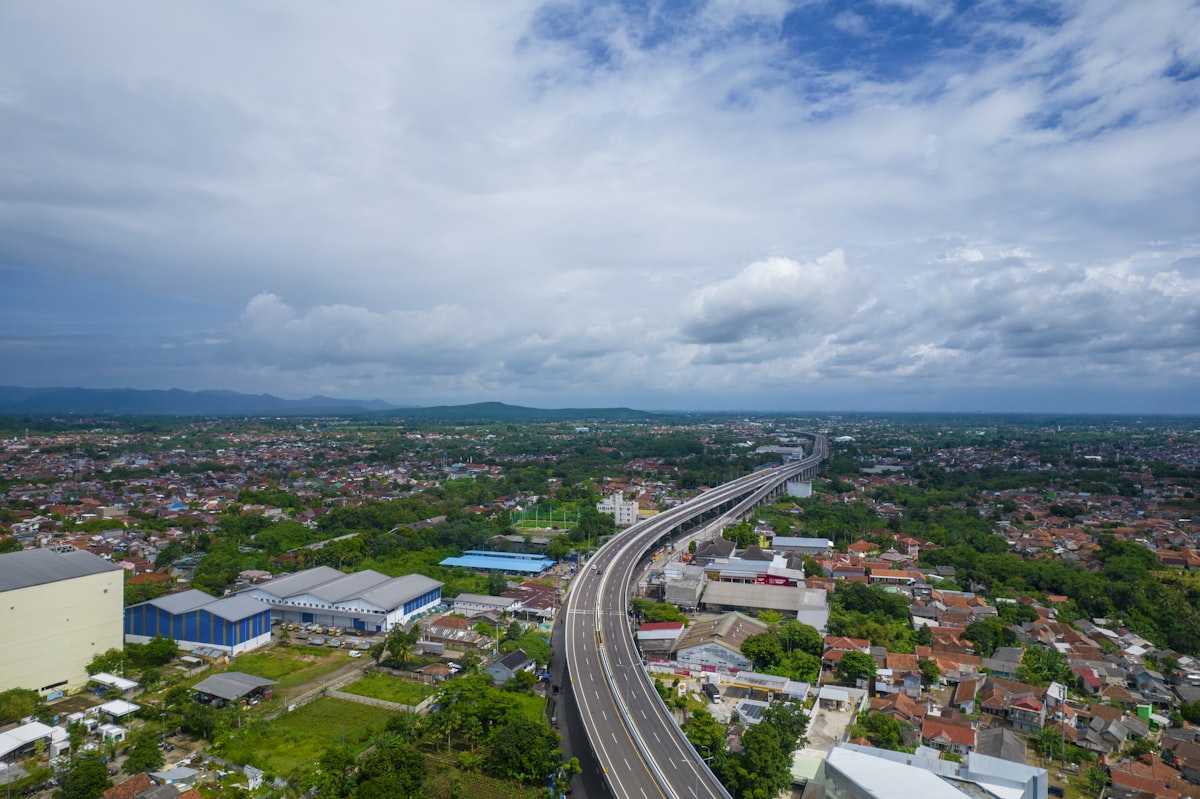Regional success isn't about resources—it's about psychological readiness for prosperity
Some regions transform from industrial decline to innovation hubs while others with better resources stagnate. The difference lies not in geography or funding but in collective psychological patterns that determine whether communities embrace or resist economic evolution. We decode the behavioral dynamics driving regional development across European territories.
The psychology of regional economic behavior

Collective efficacy determines economic outcomes
Innovation adoption and cultural readiness
Talent flows follow psychological magnets
Regional behavioral patterns we decode
Business formation and entrepreneurial psychology
Startup rates correlate with regional risk tolerance, social support for failure, and success celebration patterns. These psychological factors are measurable and developable through targeted intervention.
Cluster formation and economic specialization
Why do certain industries concentrate geographically? Beyond economics lies psychology—knowledge sharing comfort, competitive collaboration, and identity alignment. Understanding cluster psychology guides development strategy.
Economic transition and identity preservation
Post-industrial regions struggle not from lack of opportunity but identity disruption. Successful transitions maintain psychological continuity while enabling economic evolution. Identity bridges past and future.
Regional intelligence for economic development
Behavioral indicators of economic readiness
Innovation ecosystem behavioral mapping
Investment attraction through psychological positioning
Cross-border psychology and cooperation
Transform your regional strategy
Collective behavioral patterns affecting economic outcomes
Cultural psychology alignment with economic strategy
Talent attraction and retention psychology
Frequently asked questions
How do you analyze regional behavior across diverse areas?
Can you identify why some regions thrive while others decline?
Do EU funds guarantee regional development?
How important is regional identity?
What about urban versus rural dynamics?
Can you analyze cross-border cooperation?
How do you measure innovation potential?
Do regional development strategies transfer?
Can regions change their psychological patterns?
How does climate change affect regional development?
Ready to get started?
Contact us to learn more about how our services can help your business.
Get regional behavioral analysis